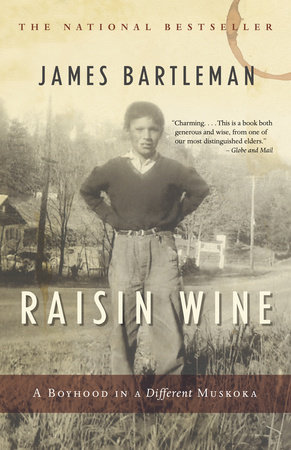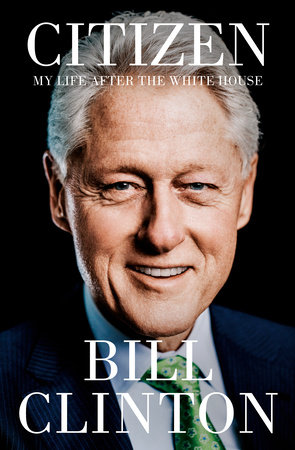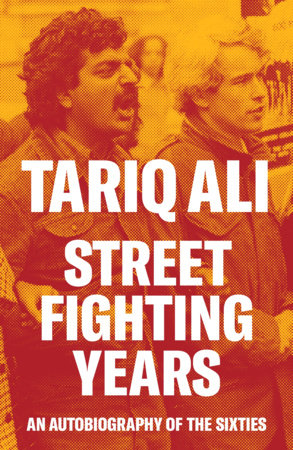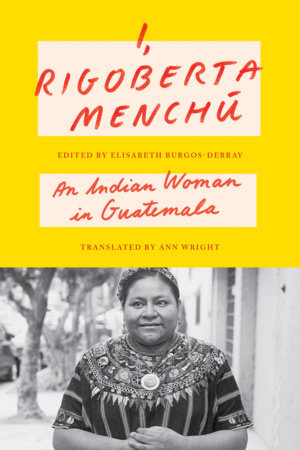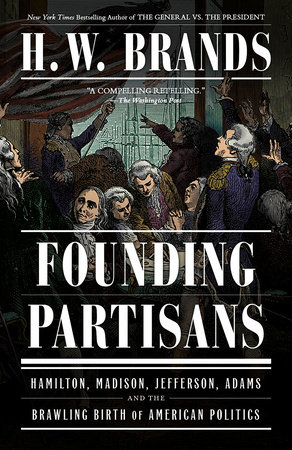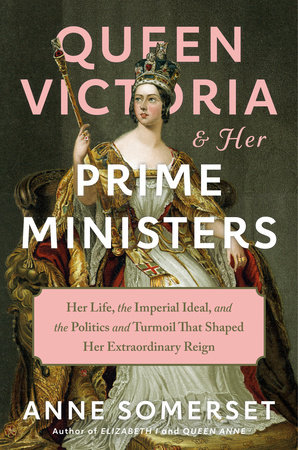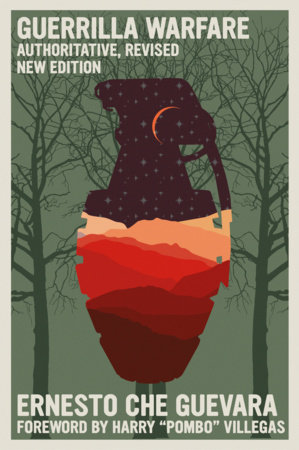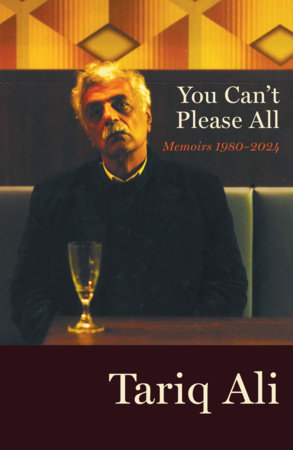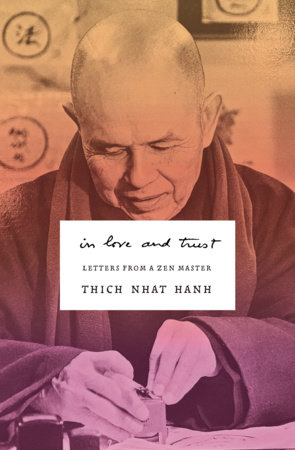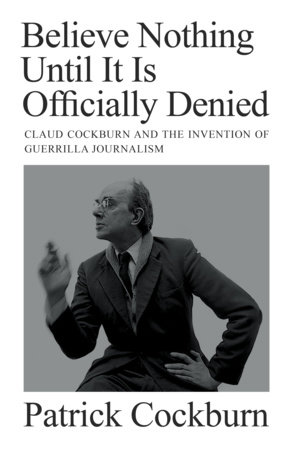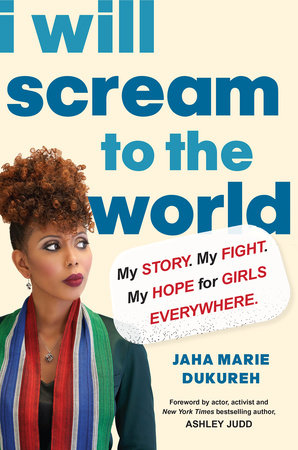Author Q&A
Why did you write this book?
My father died two years ago. His passing made me reflect on his role in my life, especially his influence in the formative coming of age years from seven to thirteen when I was first exposed as a child to the big existential issues everyone must face sooner or later — such as death, life, spirituality, the passage of time, and sexual awareness. His life was hard, but he faced adversity with a smile, was unconventional and was a great storyteller. My book is one way I can perpetuate his memory while making readers laugh and reflect on the issues I raise. The book is also the sort my father would have written had he been a writer. It’s also an opportunity to explore the dream world of childhood, to pay homage to the transformative power of books and literature and to describe the life of someone with one foot in the white and another in the native world, and how he walked the line between them.
The subtitle says it’s about “A boyhood in a different Muskoka.” Why different?
Most people associate Muskoka as the habitat of stolid WASP locals and rich summer residents. I lived in another Muskoka – the Muskoka of the poor, mixed race underclass.
You’ve written three previous books — Out of Muskoka, then two memoirs of your life in Canada’s Foreign Service, On Six Continents, and Rollercoaster. Obviously Raisin Wine is most like Out of Muskoka, but how is it different?
I found I had many more stories to relate, had learned a lot about the art of writing and had much more to say. In Raisin Wine I’ve focused on my years from seven to thirteen while in Out of Muskoka I covered my entire life. Also Out of Muskoka was written following a traumatic beating when I was High Commissioner to South Africa, and has heavy mental health and search for identity themes.
Why did you choose Raisin Wine as the title?
My dad was the best home brew maker in the village, and raisin wine was his favourite. The title reflects his non-conformist devil may care attitude to life, and his love of the brew. He would have had a good laugh had he known I had chosen this title.
Your father is the book’s main character apart from the young narrator. Tell us about him.
My dad was a happy-go-lucky, highly literate person with only a grade four education. He felt more comfortable with native people than white, and was proud of his working class status. He also loved pricking the balloon of self-righteous hypocrisy and telling tall stories. He loved his children but never told them so,and was a humanitarian and a strong defender of the rights of animals.
Tell us about your comic books and ice cream addiction.
I learned to read on my own from comic books and developed a love of the illustrations and the fast paced stories. Ice cream was a luxury that our family could only rarely afford when I was a child but I loved it to the point of craving. When I became a paperboy, each Friday night I collected the payments from my customers and gave in to the temptation to blow all the money on ice cream. To this day, if I take one scoop of ice cream I find it hard to avoid emptying the whole carton.
The community you grew up in could be pretty much any Canadian small town. In this case it’s Port Carling. Do you think there was anything unique about it as a place to grow up in?
Port Carling differed from the other small villages of its size across Canada for the following reasons: its spectacular setting around lift locks on a beautiful river linking three of the most magnificent lakes in Canada; the fact that it was the site of the only permanent native settlement in the region on the arrival of the pioneers; and its stratified social structure with a wealthy summer community at the top and native people, the invisible brown underclass, at the bottom.
What’s your favourite story about the boyhood pranks you got up to?
The time a pal and I borrowed nitroglycerine dynamite fuse caps to blast-attack rats at the local dump.
Your mother, who’s still alive and well and living in Port Carling, found it tough living there married to a white man. Can you tell us about that?
My mother was a native Canadian living in a small WASP village. As such she was exposed to the undertones of racial discrimination then prevalent in Canadian society. She also suffered from severe depression before the development of anti-depression drugs.
It’s clear that reading — and doing well in school — is what took you out of poverty in Port Carling and led to a distinguished career, culminating in your role as Lieutenant Governor. In that role, you’ve emphasized aboriginal concerns, literacy and the fight against depression. Is it fair to say that these three issues all stem from your boyhood experiences?
I spent almost 36 years in the Canadian Foreign Service. I then returned to Canada as Lieutenant Governor determined to use my office to promote three non-partisan social justice issues: anti- racism, mental health and the welfare of native youth. The genesis of my interest comes from the experiences I describe in Raisin Wine.
Where are the royalties from Raisin Wine going?
All royalties from my three previous books were directed to the causes I ‘ve been supporting since I became Lieutenant Governor. Those from Raisin Wine I’m using to help pay for the shipping of books and reading materials to native youth in northern aboriginal communities.
